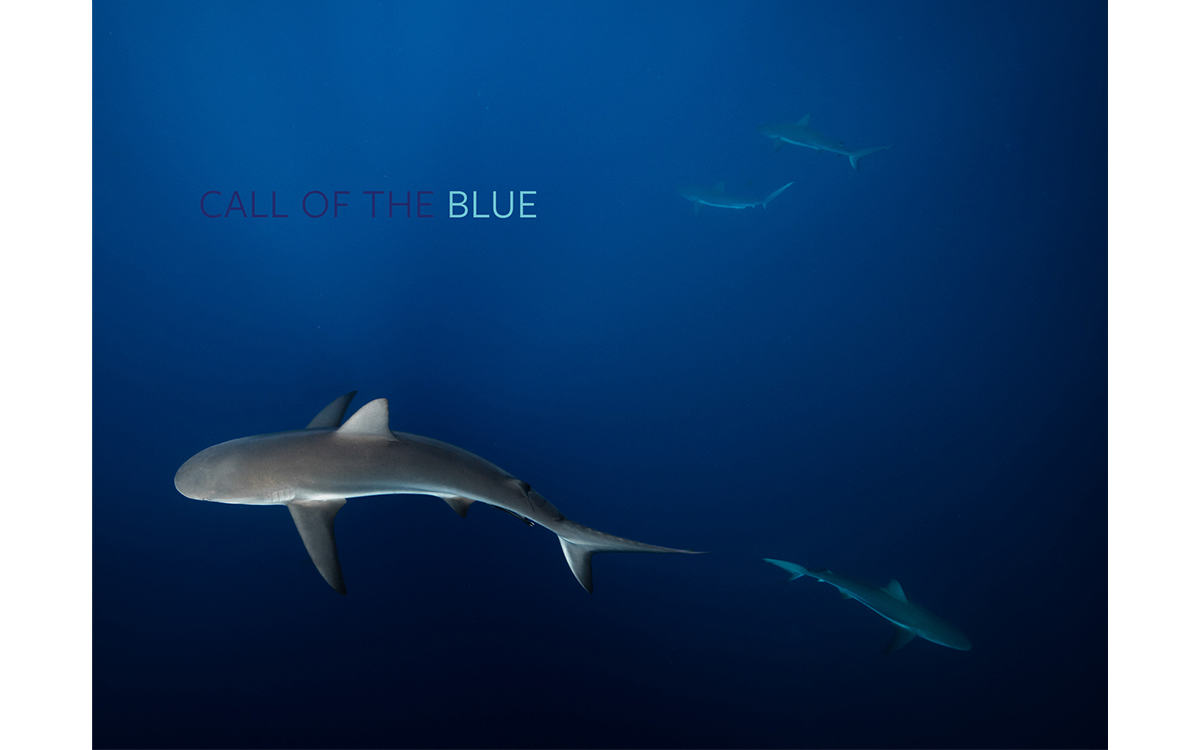Photo courtesy of Joshua Yospyn
Billions of tons of an odorless, colorless gas spew into the atmosphere every year, some of it from your own mouth as you breathe—causing an almost imperceptible but inexorable rise in global average temperatures, which supercharges extreme weather and begins to erode everything from farming to coastal cities. Even a pandemic shutting down almost the entire global economy for a month or so in April 2020 dropped carbon dioxide pollution by only 25 percent, and already China’s emissions have rebounded and grown. It’s easy to feel overwhelmed by climate change. Maybe you even feel doomed. Don’t.
That’s the main message of climate scientist Michael Mann’s latest book, The New Climate War. Don’t let yourself feel paralyzed or lapse into apathy because climate change seems just too big or too far along. Because that’s exactly what the fossil fuel industry, big financial firms, various national governments, and others invested in this polluting status quo want. After all, employees have been telling the big oil companies that climate change is real and an existential threat since at least the 1970s. These powerful interests don’t want you to know that by coming together and employing technologies that already exist, climate change can be stopped and the world remade to be cleaner, greener, fairer, simply better.
Mann should know. He’s spent decades fighting with the defenders of this polluting status quo, whether it be the outright deniers of scientific graphs like his “hockey stick” that shows the meteoric rise of temperatures in recent history, or today’s variants, what Mann calls “inactivists,” a rogue’s gallery of “deceivers,” “dissemblers,” “downplayers, deflectors, dividers, delayers, and doomers.” “The forces of inaction aren’t going to give up,” Mann told me, noting how they exploit wedges even within the climate movement itself. He pointed to the debate around personal choices in diet and transportation that keep people fixated on individual blame instead of political change. “I wrote the book to help people understand the tactics they now use.”
Of course, inactivists have been with us all along, arguing that climate change isn’t that big of a deal or, when that doesn’t work, that there’s nothing to be done about it anyway, among other tactics. It’s what futurist Alex Steffen calls “predatory delay,” an insidious effort to keep people complacent. Doing nothing requires doing nothing, after all; it’s easy to frame action on climate change as stripping away your freedom to fly or eat a beef hamburger. The ultimate goal is to ensure that people do not push for the systemic change in economics, energy, finance, food, politics, and other domains that will be required to combat climate change—and is already gathering force.
This is not about personal choices, Mann argues, so much as systemic change. In the end, personal probity is not a substitute for public action. “We’re now at a point where we’re seeing devastating impacts play out in real-time. And we can thank decades of inaction,” Mann says. “We’re much farther down the road than we should have ever allowed ourselves to get. It’s tragic we didn’t act two decades ago.”

As for those who argue it’s already too late, the latest science suggests that as long as people choose to change course, civilization can be saved, the climate crisis restrained. “I am cautiously optimistic, that is to say neither Pollyannaish, nor dour, but objectively hopeful,” Mann writes in The New Climate War.
There are a host of solutions already in play in the real world, whether putting a price on the pollution causing climate change or incentivizing the build-out of clean energy and stopping investment in fossil fuels. “We have to decarbonize fast, and that doesn’t give us time to remake the economy. We have to work within the system we have now while working to change that system for the better,” Mann says.
The New Climate War spends a little too much time rehashing old battles, including a debate around the utility of personal actions with the editor of this very publication, Jason Mark. And if you want a deeper exploration of the history and tactics of these inactivists, more complete analyses can be found in Erik Conway and Naomi Oreskes’s Merchants of Doubt or David Michaels’s Doubt Is Their Product. If you’re more interested in the science, Elizabeth Kolbert’s Field Notes From a Catastrophe provides a compelling overview. But Mann’s book is an important addition to the pushback against inaction and doom that has delayed action against climate change for too long and led too many to surrender without even a fight.
Remember, these efforts to spread doubt around climate change have reliably been a preview of the tactics to come, whether it’s an army of bots and trolls sowing division and confusion through social media or hackers leaking scientist emails to derail international climate negotiations. I personally remember the doubt and distrust this created as a reporter covering climate change science and the Climategate controversy back in 2009—a small taste of what was to come in the 2016 US presidential election.
But Mann’s most important point in this book may be this: A simple virus just changed the world, as have asteroids and the steady surge and retreat of glaciers in Earth’s climate past. Imagine what people can do, since, unlike a virus or an asteroid, we have the power to choose.
David Biello is the author of The Unnatural World.
More articles by this author
- Keywords:
- climate change